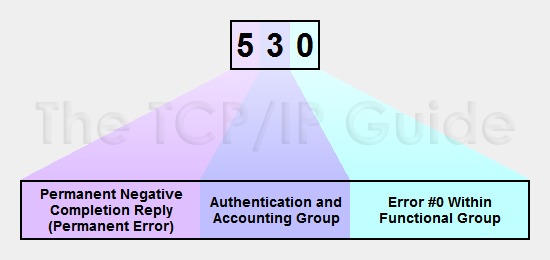 |
|
Please Whitelist This Site?
I know everyone hates ads. But please understand that I am providing premium content for free that takes hundreds of hours of time to research and write. I don't want to go to a pay-only model like some sites, but when more and more people block ads, I end up working for free. And I have a family to support, just like you. :)
If you like The TCP/IP Guide, please consider the download version. It's priced very economically and you can read all of it in a convenient format without ads.
If you want to use this site for free, I'd be grateful if you could add the site to the whitelist for Adblock. To do so, just open the Adblock menu and select "Disable on tcpipguide.com". Or go to the Tools menu and select "Adblock Plus Preferences...". Then click "Add Filter..." at the bottom, and add this string: "@@||tcpipguide.com^$document". Then just click OK.
Thanks for your understanding!
Sincerely, Charles Kozierok
Author and Publisher, The TCP/IP Guide
|
|
|

Custom Search
|
|
FTP Replies, Reply Code Format and Important Reply Codes
(Page 3 of 5)
Combining Digit Values to Make Specific Reply Codes
These “x”, “y” and “z” digit meanings are combined to make specific reply codes. For example, consider reply code “530”, diagrammed in Figure 292. The first digit tells you that this is a permanent negative reply; the second indicates that it is related to login or accounting. (It is in fact an error message received when a login fails.)
|
Using “encoded” reply codes allows the code itself to immediately communicate information, and provides a way of keeping different types of responses organized. The idea described above was adapted for use by several other application protocols, including SMTP for e-mail, NNTP for network news and HTTP for the World Wide Web.
|
| |||||||||||||||||||
Home - Table Of Contents - Contact Us
The TCP/IP Guide (http://www.TCPIPGuide.com)
Version 3.0 - Version Date: September 20, 2005
© Copyright 2001-2005 Charles M. Kozierok. All Rights Reserved.
Not responsible for any loss resulting from the use of this site.







